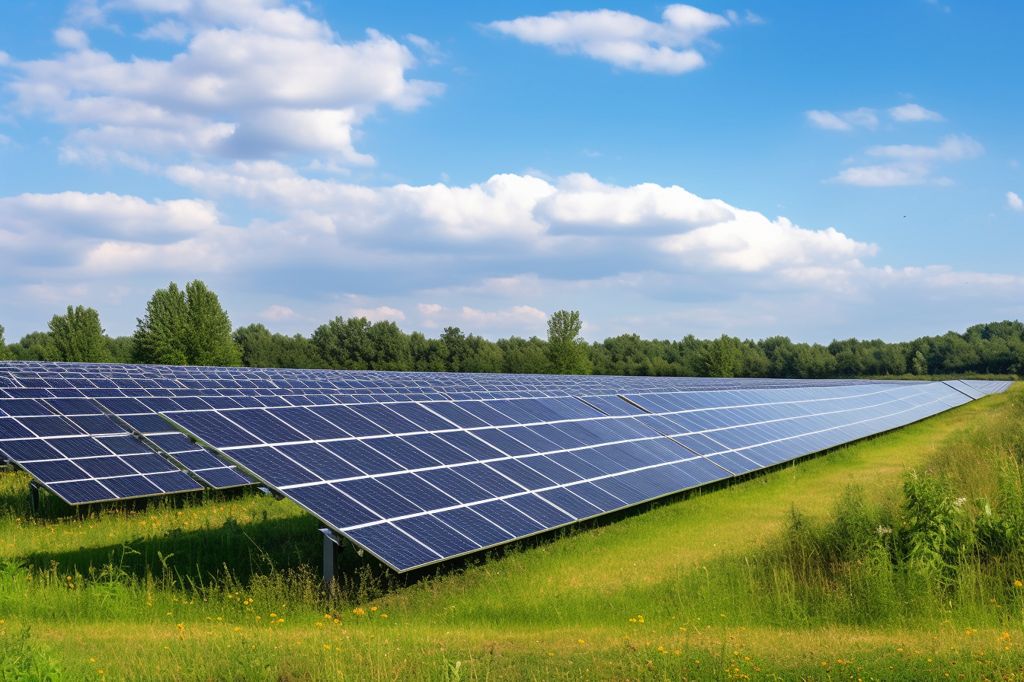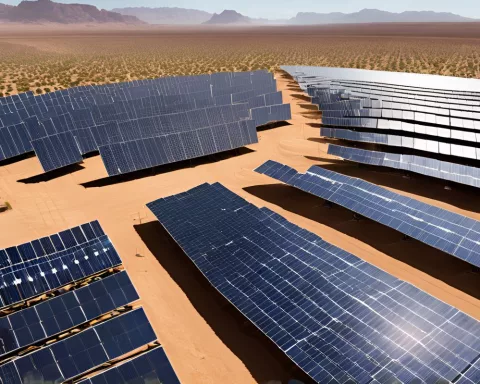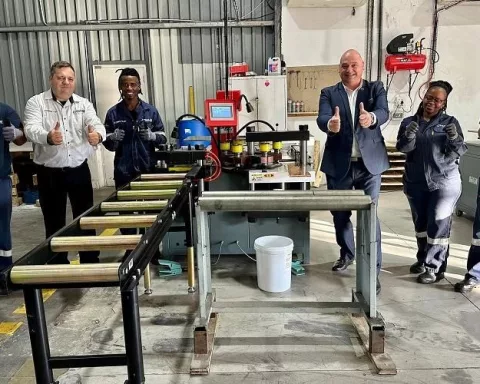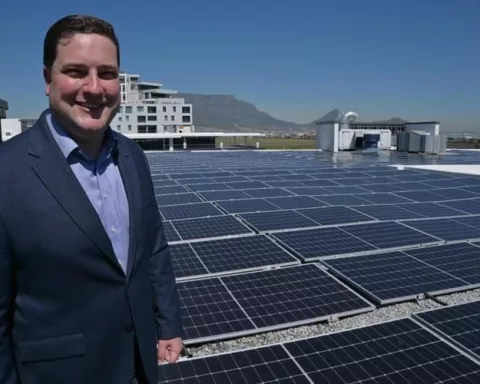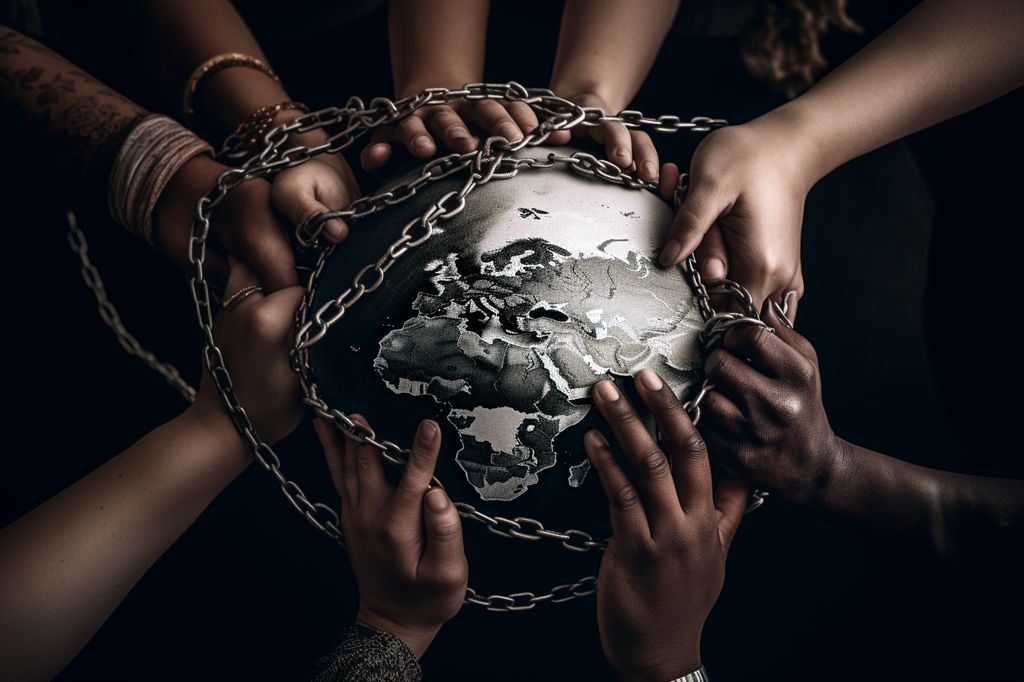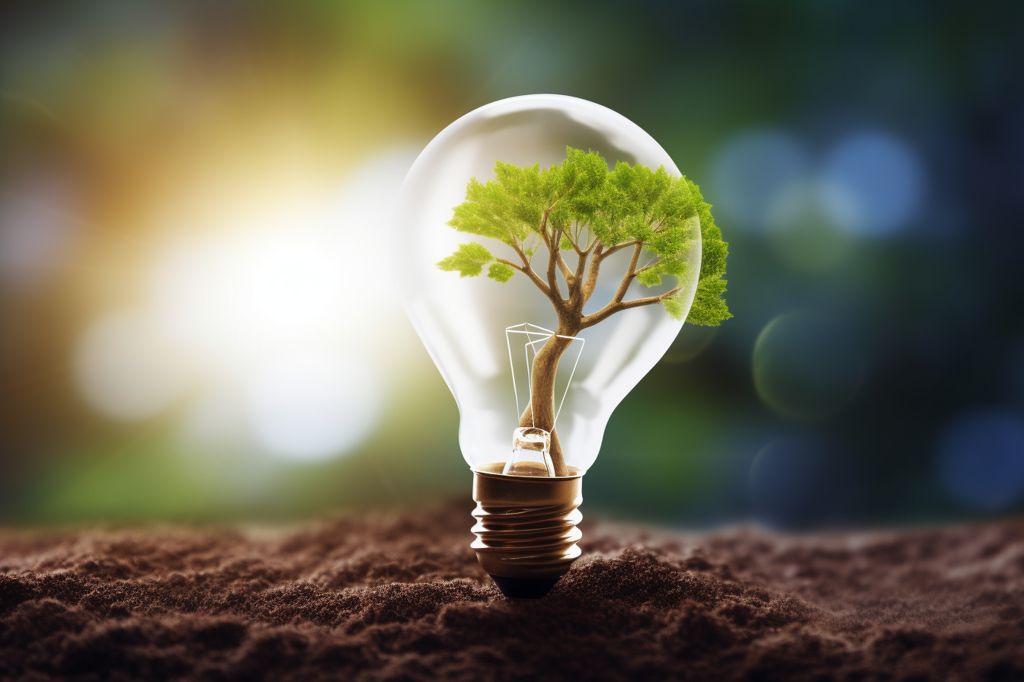The Department of Science and Innovation (DSI) has increased its budget to R10.9 billion for the 2023/24 financial year, demonstrating its commitment to the Science, Technology, and Innovation (STI) Decadal Plan. Minister of Higher Education, Science, and Innovation, Dr. Blade Nzimande, stressed the importance of utilizing STI to create job opportunities and enhance renewable energy development.
Expanding Early-Stage Development for South African Firms
Nzimande announced the scaling up of the Innovation Fund to support early-stage development and expansion of technology-based South African firms and increase gross domestic investment in research and development as a percentage of GDP, aiming for the National Development Plan’s target of 1.5%.
Transitioning to Renewable Energy
To address energy security and transition from a carbon-intensive economy to a carbon-neutral one, the Department will continue implementing the Hydrogen Society Roadmap, and invest in carbon capture and utilization technology through projects like CoalCO2-X. Additionally, the Department is finalizing its masterplan for a national solar research facility to support the development, commercialization, and deployment of solar-based technologies for application in power and fuel sectors.
Promoting a Circular Economy
The DSI is working on developing a circular economy STI roadmap to reduce reliance on scarce resources and increase disposable income, utility, convenience, and living conditions. The Department has launched the Circular Economy Demonstration Fund, which will be implemented by the Council for Scientific and Industrial Research (CSIR).
Investing in Health Innovations
The DSI is actively involved in developing medical devices, diagnostics, and supporting health needs through a vaccine research, development, and manufacturing strategy. The local mRNA vaccine technology transfer hub will continue to receive support from the DSI to diversify vaccine manufacturing and accelerate vaccine production in Africa through a consortium led by the World Health Organization.
Human Capital Development and Youth Entrepreneurship
Deputy Minister of Higher Education, Science, and Innovation, Buti Manamela, emphasized human capital development in all DSI programs, supporting 5,643 honours and master’s students, and 2,527 PhD students in 2021/22. The DSI aims to award 12,000 PhD bursaries in the 2019-2024 Medium-Term Expenditure Framework (MTEF). The Department also supports STI as a catalyst for youth entrepreneurship through initiatives like the Cannabis Industrialization Master Plan, which has supported product development in 20 small, medium, and micro-enterprises (SMMEs) in the previous financial year.
Indigenous Knowledge Protection and Promotion
The DSI is actively developing the indigenous knowledge program to protect and promote the country’s indigenous knowledge systems. Around 300 students have graduated in this field, and there are plans to increase the number of universities offering this qualification.
The Department of Science and Innovation is committed to using science, technology, and innovation to grow South Africa and address its challenges. The focus on job opportunities, renewable energy, and health innovations illustrates the Department’s commitment to creating a better future for the country and its people.

